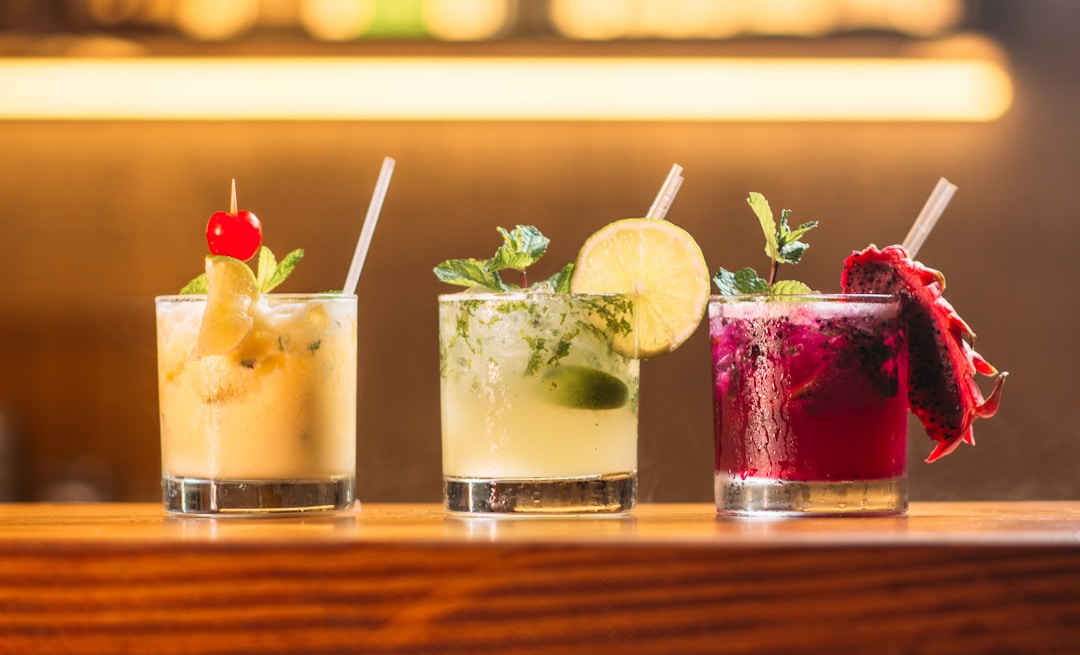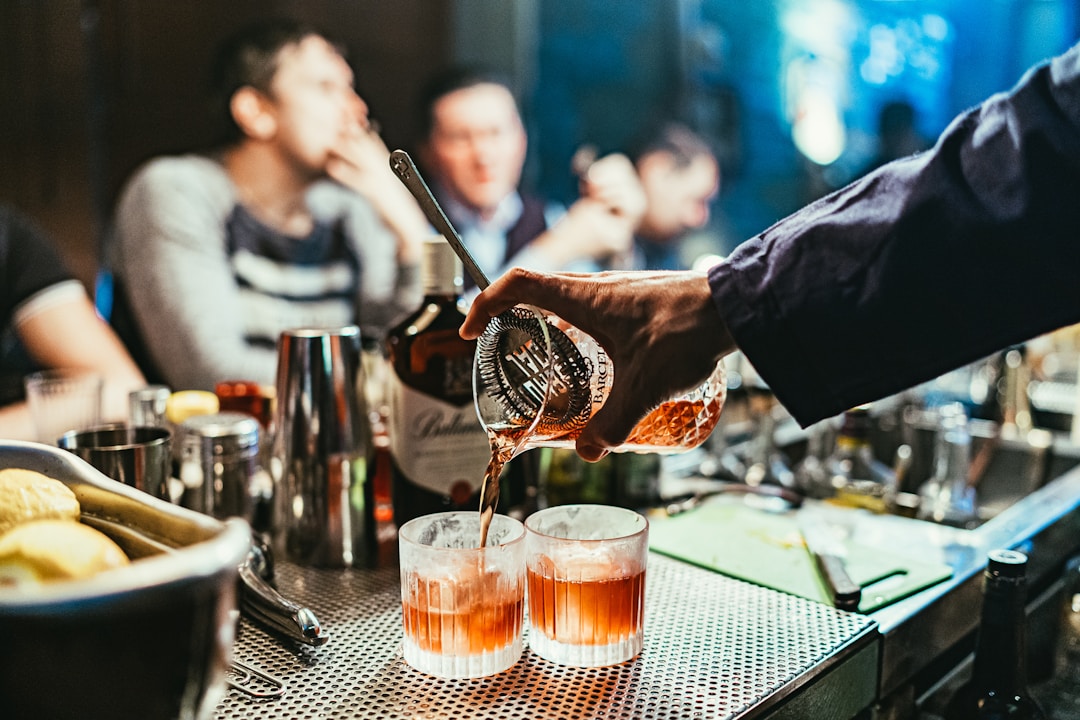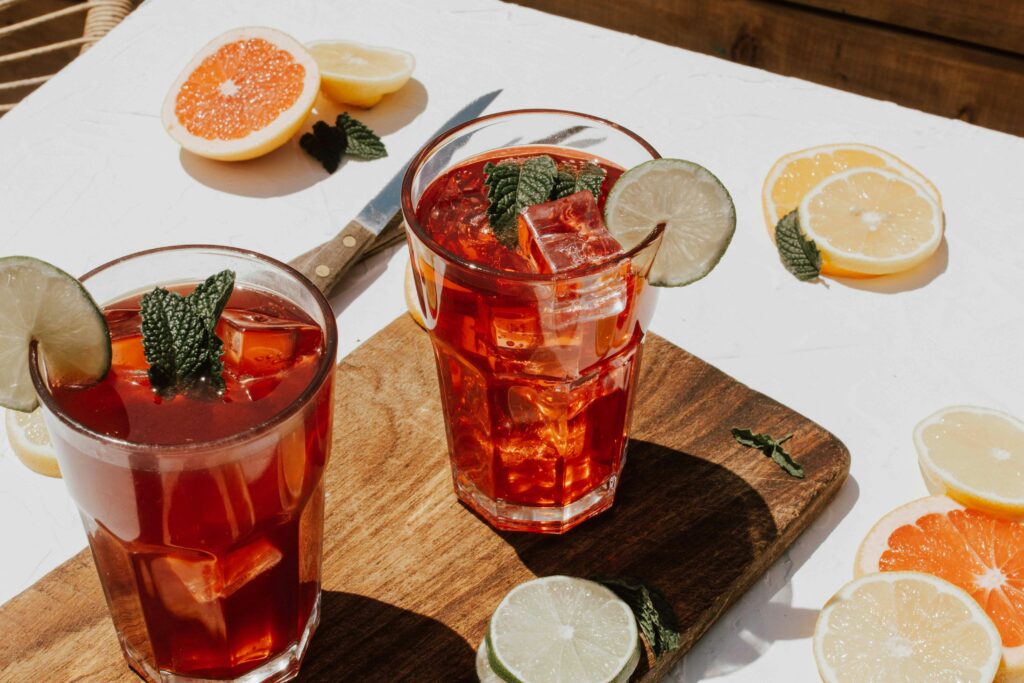Alternatives to Alcohol: The Popularity of THC Beverages
Welcome to the evolving landscape of social beverages, where THC-infused drinks are making a splash as alternatives to traditional alcohol. As laws and attitudes towards cannabis-derived products shift, a new player has emerged in the form of THC beverages, promising a different kind of buzz without the hangover. With an array of options and flavors, these drinks are not just a trend but a growing preference among those seeking a more health-conscious way to unwind. Below, we delve into the allure of THC drinks and their rise to prominence in modern social settings.
Exploring the Rise of THC Beverages as Alcohol Alternatives

THC beverages have become a popular alternative to alcohol, offering a social and enjoyable experience without the common downsides like hangovers or high calorie counts. As people seek healthier, non-alcoholic options, drinks like Anomaly THC Beverages are filling the gap with low-dose to high-potency choices that suit various preferences and occasions.
With unique flavor profiles, stylish branding, and formats ranging from teas to sparkling tonics, these drinks align with the growing trend toward mindful consumption. As more individuals move away from alcohol for wellness reasons, the THC beverage market continues to expand, reflecting a shift in how people choose to relax and connect socially.
The Appeal of THC Drinks for Health-Conscious Consumers
THC beverages are gaining popularity due to their alignment with health-conscious trends, offering potential health benefits from their cannabis content. These low-calorie, toxins-free drinks appeal to a conscious demographic seeking healthier alternatives. THC is seen as a natural, therapeutic ingredient, offering stress relief, better sleep, and pain management. As research into cannabis benefits continues, the health implications of THC beverages become increasingly attractive.
The anti-inflammatory and antioxidant properties of cannabis are also highlighted in the branding and marketing of THC beverages, emphasizing their suitability for a health-oriented lifestyle. As mental health awareness increases, THC beverages offer an alternative to alcohol’s depressant effects, potentially enhancing mental well-being. This beverage is tailored to those seeking a balanced approach to relaxation and socialization.
Legal Landscape and Accessibility of THC Infused Beverages
The legal landscape surrounding THC beverages is complex and evolving, with the market expanding as more states legalize cannabis for recreational and medicinal use. Challenges persist in states with restrictive laws and federal illegality complicates interstate commerce. Companies have been nimble, launching THC beverages in states with favorable laws.
Accessibility varies regionally, with some areas having a wide array of products in dispensaries and others experiencing slow introduction due to legislative processes. Education plays a significant role in accessibility, with dispensary staff and marketing materials providing crucial information on dosage, effects, and responsible consumption. Partnerships between traditional beverage companies and cannabis firms are also enhancing accessibility. As legal barriers fall, the availability of THC-infused drinks is expected to rise.
THC Beverage Varieties and Their Target Demographics

The THC beverage industry caters to various demographics, including millennials and Gen Z, older adults, and women seeking wellness and relaxation. Millennials and Gen Z are drawn to the novelty and customizable options offered by THC drinks, while older demographics, including baby boomers, find them manageable and enjoyable. Women are a growing target market for THC beverages, as brands focus on wellness and relaxation.
Craft beverage and specialty drink enthusiasts appreciate the craftsmanship, premium ingredients, and complex flavor profiles. Individuals seeking alternatives to alcohol, such as personal preferences or health issues, are also targeted, seeking social drink options that do not compromise their goals or well-being. THC beverage formats provide an attractive and familiar way for them to engage in social settings without feeling left out.
Marketing Strategies for THC Beverages in a Competitive Market
THC beverages require innovative marketing strategies to stand out in a saturated market. Branding, community-building, and experiential marketing are key to positioning these products in consumers’ consciousness. Narrative-driven campaigns focusing on lifestyle, wellness, and THC benefits differentiate them from traditional alcohol offerings.
Visual appeal of packaging and promotional materials captures attention. Education about dosage, effects, and responsible consumption is crucial, building trust and promoting trial usage. Transparency about ingredients and production processes builds trust. Digital platforms and social media are key for reaching target demographics, particularly younger online consumers. Creative content that resonates with cultural interests and values contributes to the growing market share of THC beverages.
Overall, the ascent of THC beverages in the social drinking realm symbolizes a shift towards innovative and health-conscious alternatives to alcohol. These products offer an exciting way for consumers to enjoy the social benefits of a familiar beverage without the drawbacks of traditional alcohol. As the industry continues to evolve alongside the changing legal and social landscapes, THC drinks will likely cement their place as a staple in the future of social and recreational consumption.


















